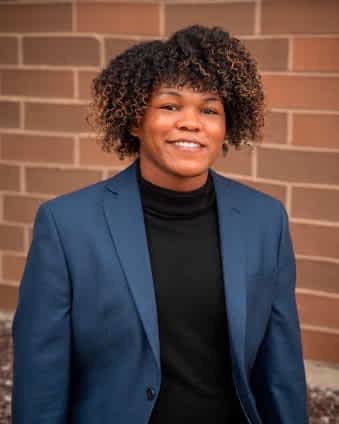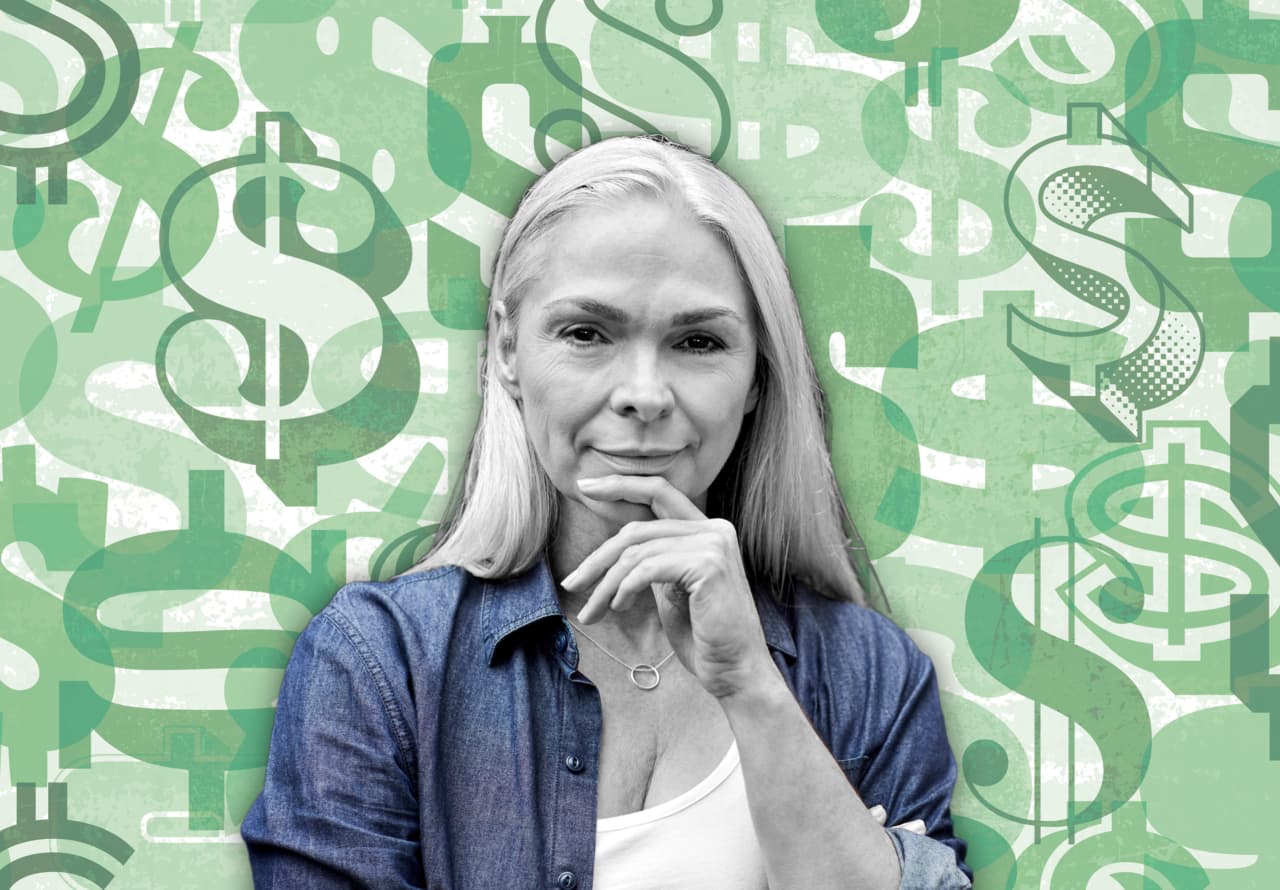The student spent years trying to repay a $10,000 debt that Cornell sent to collection agencies.

For the past few years, Keishaun Wade’s weekly schedule has been so packed with work and community college classes in his hometown of Flint, Michigan that there are many days when he doesn’t have time to eat. During this time, he worked several jobs, including working in a factory, as a hospital receptionist, interning at a non-profit organization, and researching and writing as part of an archival project.
The goal of this sometimes punishing schedule is to attend Cornell University in order to save enough money to pay off the debt he owes. Cornell University is where Wade was once a student and where he hopes to return. He has so far collected about $8,500, or roughly the principal amount of the debt, but the Ivy League school said he still has to pay fees charged by the collection agency to which Cornell sent the debt.
Not only did the outstanding debt prevent Wade from returning to Cornell, it also made his life more difficult in other ways.
“It’s honestly had a bit of an impact on my mental health,” Wade, 23, said. He said the school’s decision to collect the debt instead of working directly with him suggests “the school’s primary focus is not about me, but fulfilling its contractual obligation to collect this debt.”
Millions of students are in debt to their schools.
Wade’s experience highlights that institutional debt, the debt students owe their colleges and universities, can complicate the process of earning a degree. A 2020 analysis by Ithaka S+R, a nonprofit research and advisory firm focused on higher education, found that approximately 6.6 million students owe $15 billion in institutional debt.
Schools will go to various lengths to collect this money, including banning students from re-enrolling, sending debts to collections, and even suing former students. Recently, the Department of Education cracked down on transcript withholding, another common practice used by schools to get students to pay.
Wade’s story also illustrates how students can become caught up in the complexities of financial aid policies. He shared his experience Wednesday during a public comment period in the Department of Education’s rulemaking effort surrounding some policies related to how colleges and universities provide financial aid.
For Wade, a first-generation and low-income college student, the fight over debt shows the limits of elite universities’ commitments to enrolling students like him from traditionally underserved communities, including generous financial aid policies.
“I think Cornell University could do more to ensure my status as a student there,” he said. Wade was drawn to the school because of its reputation, renowned city and regional planning program, and financial aid package that helped cover the costs.
Now, he says it’s interesting to think back to his first few semesters at school, when he experienced “a feeling of imposter syndrome and a feeling that I wasn’t really in a space where I was accepted or celebrated.” “And then see if that actually manifests itself in the university’s willingness or unwillingness to retain me as a student.”
First the check, then the bill
Wade said he ended up owing money to Cornell because the school issued him a financial aid refund (money left over from a student’s financial aid after paying bills owed to the school). .
“All I knew about refunds at the time was simply that everything would be processed through the Treasurer’s office and that I would only receive funds directly if I had money left over,” Wade said in public comments. “That said, I thought any money left over after the university had processed all payments would be mine for any additional expenses that might arise throughout the semester.”
So Wade spent the $5,173 that Cornell had deposited into his account. At the time, he wrote in public comments, his family was dealing with eviction and car troubles.
“The money was a tremendous help to me and my family, and I was so grateful to Cornell University for its dedication to caring for students in need. But that belief turned out to be a big mistake,” he wrote.
Wade actually owed the university about $8,500 for housing and other expenses.
Wade said she first noticed the issue when she tried to sign up for classes starting her third grade in the fall of 2021. He successfully enrolled in school in 2020 after taking a leave of absence in the fall of 2020. But when he tried to register for his classes in the fall of 2021, he discovered that his skills were lacking.
After some research, Wade learned it was due to debt, which by then had grown to more than $10,000.
“My reaction was very embarrassed,” Wade said. “I felt guilty and like I was being irresponsible and like I was stupid for not doing my job properly. Being first generation and low income makes the situation even worse. “That feeling multiplied.”
Most recently, Wade has been in contact with representatives of the university administrator’s office and a debt collection agency to resolve the debt. A representative from the office said Wade Cornell would waive internal fees and interest, but would have to pay a fee of about $3,000 to collectors in addition to the principal on the debt.
Cornell did not immediately respond to a request for comment.
Wade said he hopes to find a way to pay off his debt, transfer the community college credits he earned over the past few years to Cornell and earn his degree quickly. When he first arrived at Cornell, many of the friends he made and the community he created had already left and moved on with their lives. He wants to begin his professional ambitions of starting a non-profit organization focused on affordable housing.
“I think in general I have spent too much time trying to achieve this goal, and I want to move on with my life,” he said. “I don’t think I can be a college student forever. “I’m so tired and old now.”
Also read: The Biden administration said it would penalize three student loan service providers for returning repayments.
and: Is America’s $5 trillion in consumer credit ‘bad’ or ‘encouraging’? Experts are divided.




